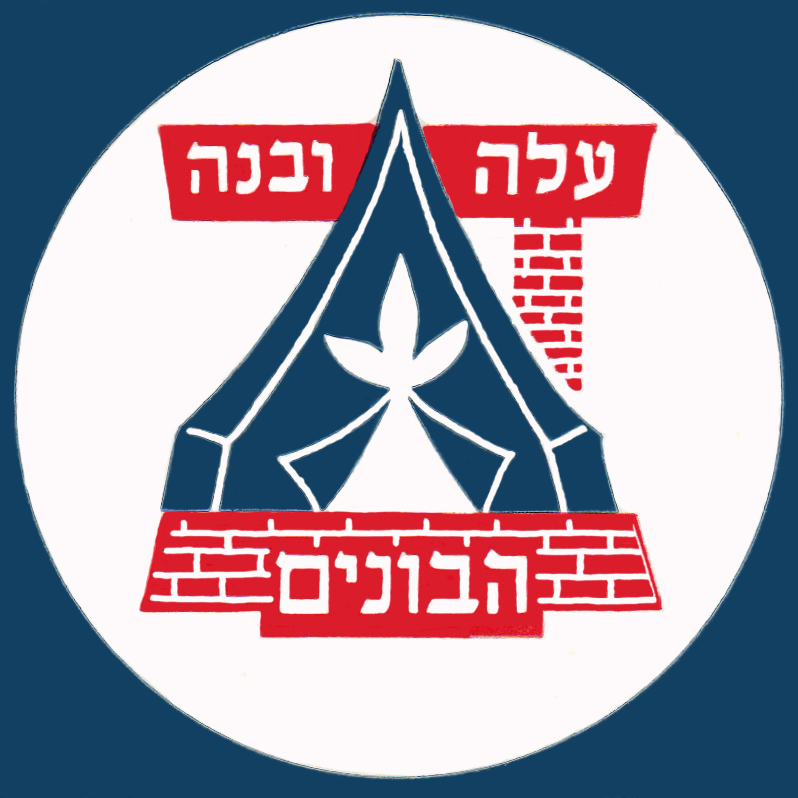I would like to take a look back at one of the first essays we looked at as a kvutza, in the early stages of workshop.
A.D Gordon: The Individual:
Human nature as a whole cannot be regenerated unless the individual has undergone the process himself. And this involves a basic change. There should no longer be distinctions as rulers, leaders, teachers, heroes, prophets, supermen, benefactors of humanity, on the one hand, and on the other, the mass that must be ruled, guided, benefited-the object of pity and charity. Every man must maintain his integrity, must conduct his life according to his own inner light. He must be capable of governing himself, of educating himself. Life rightly conceived, with power to act in accordance with that concept, will enable man to integrate himself into a loftier harmony. Most clear-thinking people now feel that no man with a soul can be happy in the possesion of luxaries while there are those in want of the material necesseties of life. Neither can a regenerated humanity rest content in its spiritual wealth when there are so many whose souls are poverty-stricken.
Man in his own narrow confines of life is like the worm burrowing within a bitter herb, ignorant of a better and greater world beyond his little restricted domain. A human being must broaden his horizons to include the larger life, the infinite world around him, the world with which he must maintain relations. And these connections should be not merely abstract, intellectual, or sentimental- a sort of platonic relationship, as it were. THe ties must be vital, real, alive, for unless man deals earnestly with that world, he will remain ignorant thereof. Man must free his mind of the bonds of abstractions, of mechanical devices that enslave him. He must return to nature, to its vast expanse, to its infinite possibilities not as a shackled serf nor even as a master; his attitude must be that of a prodigal son returning to the home of his mother to help her in her tasks. Then will this labor, we may believe, raise him mightily in his own estimation. He will see himself as a superior expression of life and existence.
-A.D Gordon.
-I cannot recall the exact premise of this peula, but I can tell you my reason for sharing this essay with you is my previous blog entry.This peula led to the discussion of a few things. First, in Habonim Dror, we evaluate things such as our society very closely. We examine the consumorist state that our societies are caught up in, and observe the effect this has on people. On workshop so far, I have taken the time to look into things like consumorism, and strike up sichot Kehavyeta with many regarding the subject, especially when we are in a peula regarding the subject. Anyway, what Gordon is getting at here is that there are problems in our society, and things need to be changed. One thing that makes me think in the essay is Gordon's talk on hierarchies. Something I see as presenting issues within many situations are hierarchies, which, have to do directly with shivyon erech ha'adam. (see earlier entry.) I feel that all this ties into his very first point. In order to improve on flaws within our society, it is our obligation to regenerate ourselves, in order to regenerate human nature. Once this individual process has taken place, then the individual must "broaden his horizons," in order to include the larger life, and the infinite world around him. Another thing which goes right along with that point is the line stating; "Man must free his mind of the bonds of abstraction, of mechanical devices that enslave him. He must return to nature." This line goes hand and hand with what i had previously talked about, and ties into the overall theme, and point i am making about consumorism. Individuals in society are tied to materials, and, these materials are a direct indication of why there are so many flaws in the way things are. We are tied up and blinded of what the world has to offer. By tying ourselves to these "objects" we struggle to see things as they are. This is all why, as Gordon says, we need to regenerate ourselves, and ask of ourselves what it is that is truly important to us in the world, and then from there regenerate the society, and do what we can to improve things.
Planting Trees, The Matrix & HaNoar HaOved VeHalomed
-
Last week, someone asked me how I’m settling into my work here in North
America as an Israeli emissary. I smiled and answered that I’m absolutely
loving it...
9 years ago








No comments:
Post a Comment